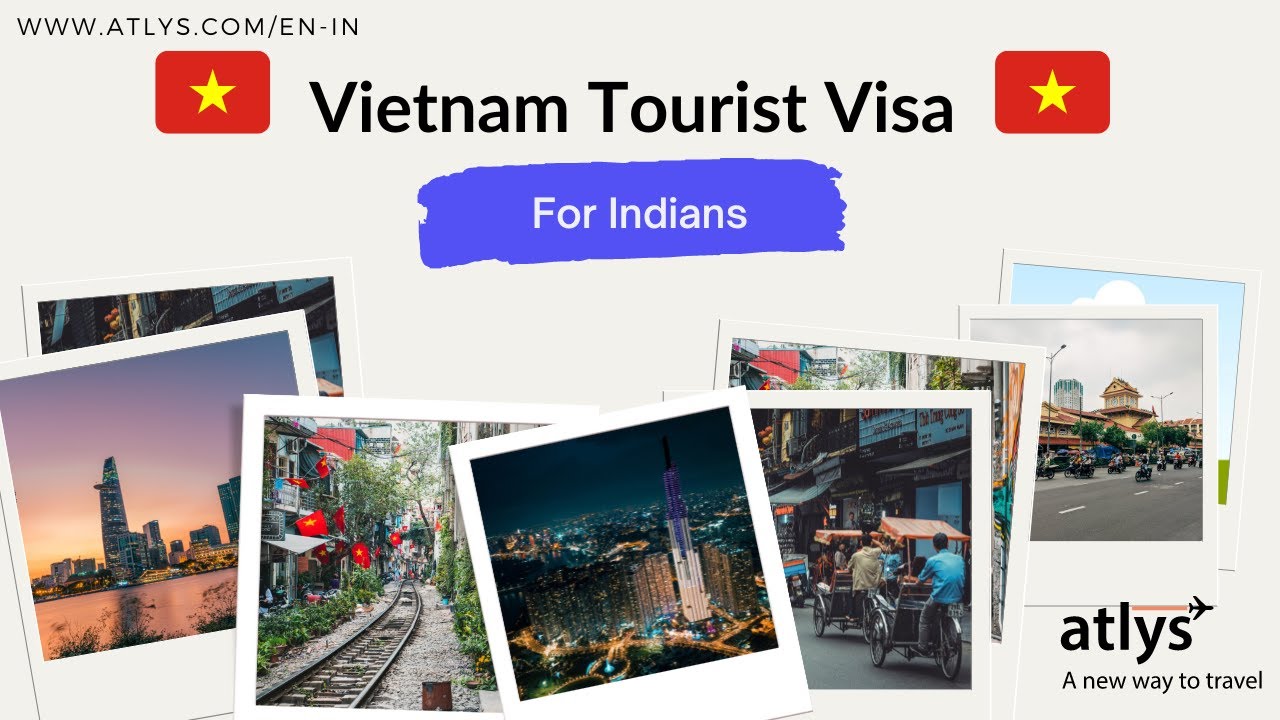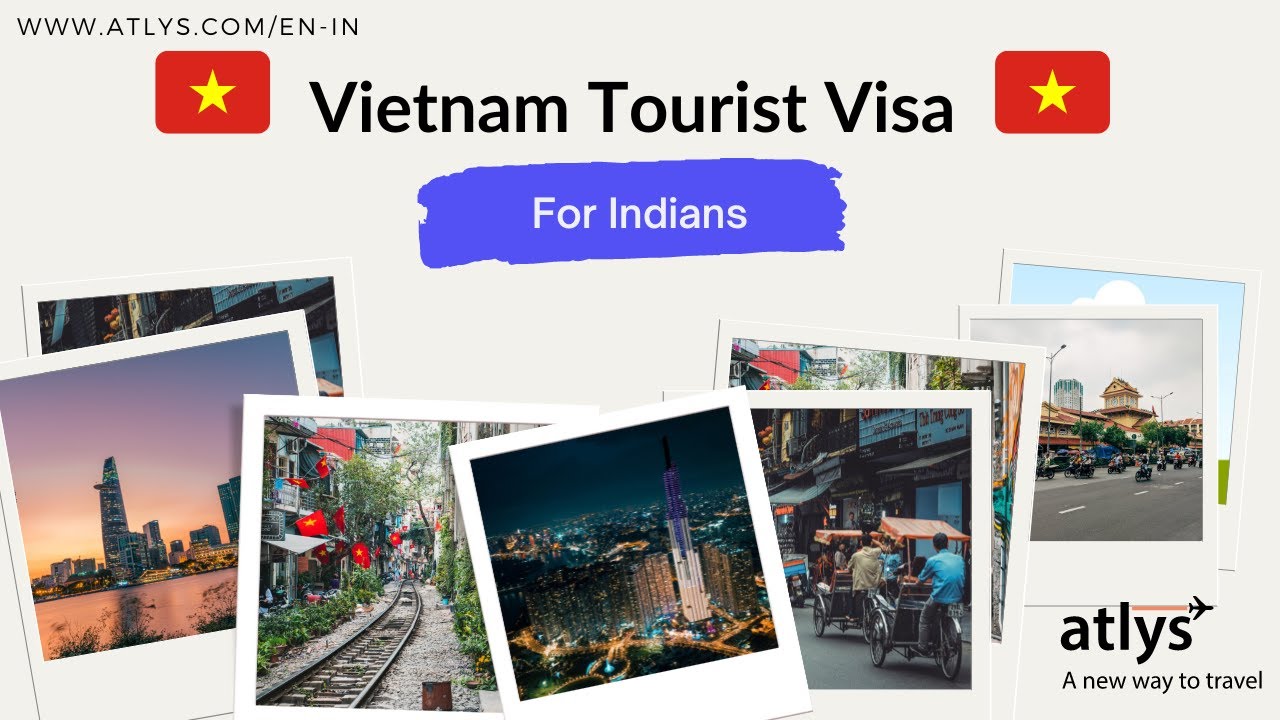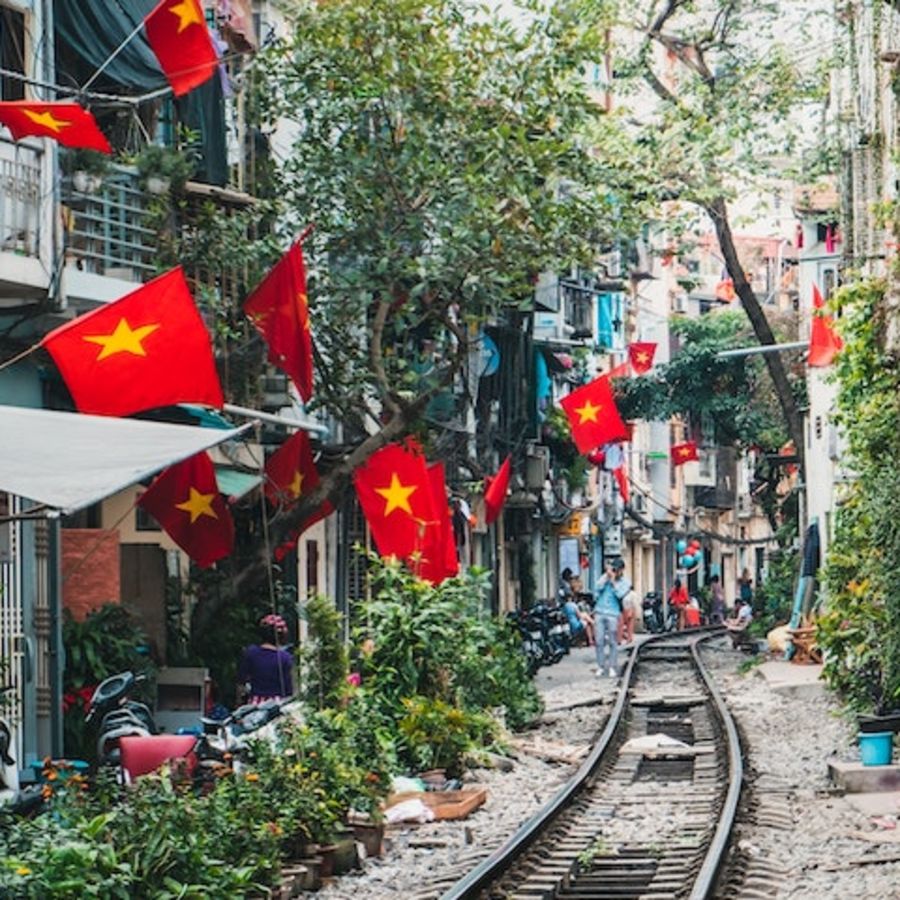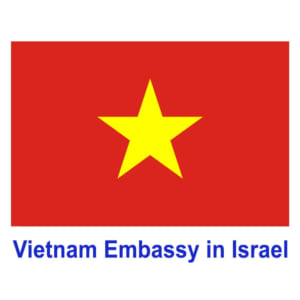
Requirements to Enter Vietnam Everything You Need to Know

Are you planning a trip to Vietnam in 2023? As an expert article writer, I’m here to provide you with comprehensive information on the requirements to enter Vietnam. Whether you’re wondering about visa requirements, travel documents, or the latest regulations for entering the country, this article has got you covered. Read on to ensure a smooth and hassle-free journey to this captivating Southeast Asian destination.
Visa Requirements to Enter Vietnam
To enter Vietnam, most international travelers are required to have a valid visa. However, there are exceptions for citizens of certain countries who can enjoy visa-free entry for a limited period. Here are some key points to keep in mind:
- Visa Exemption: Citizens from countries such as Japan, South Korea, Russia, and several ASEAN member states can enter Vietnam without a visa for specified periods ranging from 14 to 90 days. However, it’s important to check the latest regulations from the Vietnam Immigration Department or consult with your nearest Vietnamese embassy or consulate.
- Visa on Arrival (VOA): If you don’t qualify for visa exemption, the most convenient option for obtaining a visa is the Visa on Arrival. This involves applying online through a reputable travel agency or tour operator authorized by the Vietnamese government. Upon arrival at one of Vietnam’s international airports, you will receive your visa approval letter, which allows you to get your visa stamped.
- E-Visa: Another option available for certain nationalities is the E-visa, an electronic visa that can be obtained through the official website of the Vietnam Immigration Department. The process is straightforward, requiring applicants to fill out an online form and pay the necessary fee. The E-visa is valid for single-entry visits for up to 30 days.
Remember to carefully review the specific requirements and allowed durations for each type of visa, as they may vary depending on your country of origin.
Travel Requirements to Enter Vietnam

Apart from visa requirements, there are other important travel requirements you should be aware of before heading to Vietnam. Let’s take a look at what you need to prepare:
- Passport Validity: Ensure that your passport is valid for at least six months beyond the date of entry into Vietnam. This is a common requirement for most international travels and applies to Vietnam as well.
- Proof of Onward Travel: It’s advisable to have proof of onward travel, such as a return or onward flight ticket, when entering Vietnam. Although it might not always be requested, having this documentation can help avoid any potential issues with immigration officials.
- Accommodation Confirmation: It’s recommended to have a confirmed accommodation reservation for at least the first few nights of your stay in Vietnam. Immigration authorities may ask for this information as part of their routine checks.
- Health Considerations: While not a specific requirement to enter Vietnam, it’s always a good idea to ensure you’re up-to-date with routine vaccinations and check if any additional immunizations are recommended for your visit. Also, consider securing comprehensive travel insurance that covers medical expenses during your stay.
Documents Required to Enter Vietnam

In addition to visa and travel requirements, certain documents are essential for a smooth entry into Vietnam. Make sure to have the following items prepared:
- Visa Application Form: If you’re applying for a visa in advance through a Vietnamese embassy or consulate, you’ll typically need to complete a visa application form. Check the official website of the embassy or consulate in your country to download the form and submit it along with any additional required documents.
- Passport Photos: Keep a few recent passport-sized photos handy for various purposes, such as visa applications, arrival and departure cards, and local registrations.
- Proof of Sufficient Funds: Immigration officials may request proof that you have adequate financial resources to support yourself during your stay in Vietnam. This can be in the form of bank statements, credit card statements, or a combination of both.
- Travel Itinerary: While not mandatory, having a detailed travel itinerary that includes your intended destinations and accommodations can help demonstrate your purpose of visit and facilitate the entry process.
FAQs about Requirements to Enter Vietnam
- Q: Are there any exceptions to the visa requirements for entering Vietnam? A: Yes, citizens of certain countries can enjoy visa-free entry for a limited period. The specific duration depends on your nationality, so it’s important to check the latest regulations.
- Q: Can I obtain a visa upon arrival in Vietnam? A: Yes, the Visa on Arrival (VOA) is available for most nationalities. You can apply online through an authorized travel agency, and upon arrival at the airport, receive your visa approval letter and get your visa stamped.
- Q: How long does it take to process an E-visa for Vietnam? A: The processing timefor an E-visa for Vietnam is typically around three business days. However, it’s advisable to apply well in advance to allow for any unforeseen delays.
- Q: Can I extend my visa while in Vietnam? A: Yes, it’s possible to extend your visa while you’re in Vietnam if you wish to stay longer than the initially granted period. You can contact the nearest Immigration Office or consult with a reliable travel agency to assist you with the extension process.
- Q: Are there any specific health requirements for entering Vietnam? A: Currently, Vietnam does not have any specific health requirements for entry. However, it’s always recommended to check the latest health advisories and consider getting vaccinated before traveling to any foreign country.
Conclusion
Understanding the requirements to enter Vietnam is crucial for any traveler planning a visit to this captivating country. Whether it’s obtaining the necessary visa, gathering the required documents, or complying with health considerations, being well-prepared ensures a smooth and enjoyable journey. Remember to stay updated with the latest regulations, check with official sources, and consider seeking professional assistance when needed. Embark on your Vietnamese adventure with confidence, knowing that you’ve met all the necessary requirements for a memorable trip.

